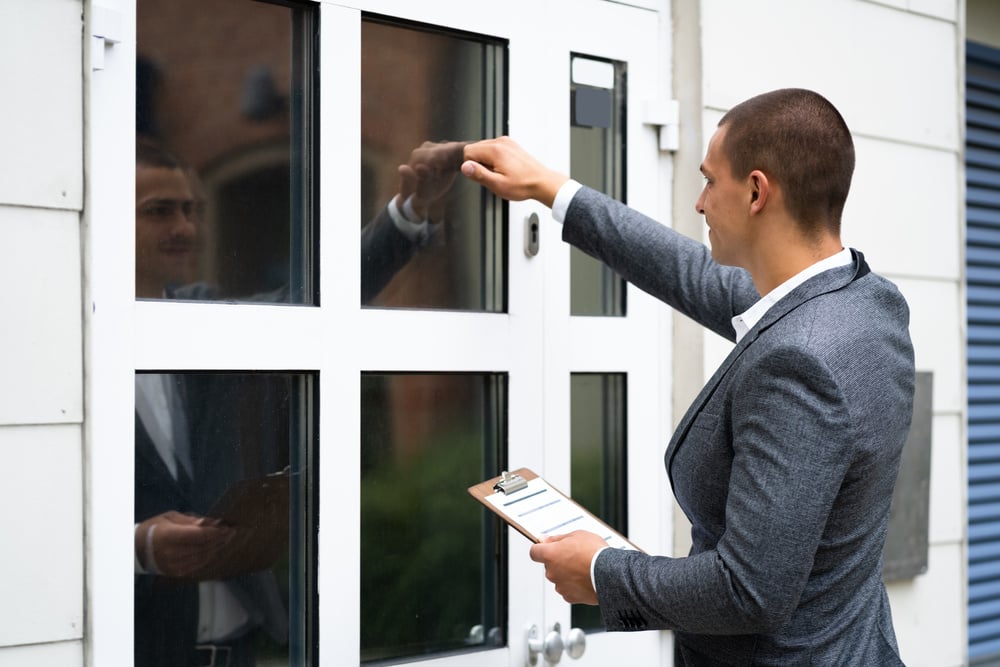 Over the years, both experienced and inexperienced owners of residential rental properties in California have made the sound decision to turn management of their units over to a property management company. Pursuant to its contract with an owner of a residential rental property, a property management company becomes the agent of that owner.
Over the years, both experienced and inexperienced owners of residential rental properties in California have made the sound decision to turn management of their units over to a property management company. Pursuant to its contract with an owner of a residential rental property, a property management company becomes the agent of that owner.
In pertinent part, the California Business Code section 10130 makes it "unlawful for any person to engage in the business of, act in the capacity of, advertise as, or assume to act as a real estate broker or a real estate salesperson within this state without first obtaining a real estate license from the department..." Property management companies and their employees fall under the purview of section 10130.
The General Rule
When a residential rental property owner leases a unit to a new resident, that unit becomes the resident's castle. He or she enjoys sole and exclusive possession of the premises to the exclusion of the world. There are some exceptions to this rule though, and they have perfectly legitimate rationales behind them.
Exceptions to Sole and Exclusive Possession
If a resident has a written lease, and the lease is silent on the issue of a property owner or property management company's right to enter the premises, California Civil Code section1954 controls. It gives the property owner or property manager the right to enter a residential rental unit under the following circumstances:
- In the event of an emergency
- To make improvements or repairs that the resident has consented to
- After a resident has abandoned a property
- After a court order has been entered regarding maintenance of or eviction from the property
When There's an Emergency
An emergency exists when there is a serious, unexpected or dangerous situation or condition that can cause harm to the health and safety of residents or the integrity of the building that they live in. Under many circumstances, it would be impossible to give adequate notice before serious harm or destruction occurs.
Regardless of how sympathetic the state legislature and courts are to the privacy of California residents, property owners and property managers need not provide notice of intent to enter a dwelling unit in the event of an emergency.
Making Improvements or Repairs
This contemplates making agreed upon or necessary repairs, services or improvements. It also includes showing the unit to "prospective or actual purchasers, mortgagees, residents, workers or contractors."
Property owners and their property managers are also permitted to make periodic inspections of a rental premises for purposes of determining habitability, but they can't be so frequent as to constitute harassment. Unless an emergency exists, a notice of intent to enter must be delivered to the resident.
Reasonable notice of such intent is generally considered to be 24 hours. If notice is given by mail, California law presumes that mailing of the notice six days before the intended date of entry is sufficient notice. Unless an emergency exists or the rental unit has been abandoned, entry may only be made during normal business hours. If notice has been brought to issue, a court will determine the reasonableness of a notice of intent to enter
Abandonment
Determining whether a resident has abandoned premises can be problematic. A good faith belief of abandonment based on reasonable articulable facts supporting that belief might be a basis to unlock a front door to take a peek inside.
Property owners and managers might want to consider posting a 24- hour notice on the front door of the unit to provide notice of intent to enter based on abandonment. One or more witnesses should enter the unit with the owner or manager, and photographic or video evidence of abandonment is also recommended.
In order to rely on grounds of abandonment, rent must be unpaid for at least 14 days of its due date. The owner or property manager is required to give 18 days notice by mail of a determination that the property has been abandoned. If the resident fails to respond within another 14 days, the property owner or property manager can take possession of it.
Entry Pursuant to Court Order
A resident might not agree to entry into a rental unit, even when reasonable and proper notice has been given. Obtaining a court order for entry will then be required. That will necessitate a lawsuit. property owners and property managers are encouraged to consult with their attorneys regarding their options.
Hignell Property Management has generations of experience with the issues involved in entry into a leasehold premises. Do you really want those and other responsibilities when you can delegate them ? We want to make ownership of residential rental units as easy as possible for you. With Hignell Property Management, your properties will be in safe, responsible and experienced hands.










